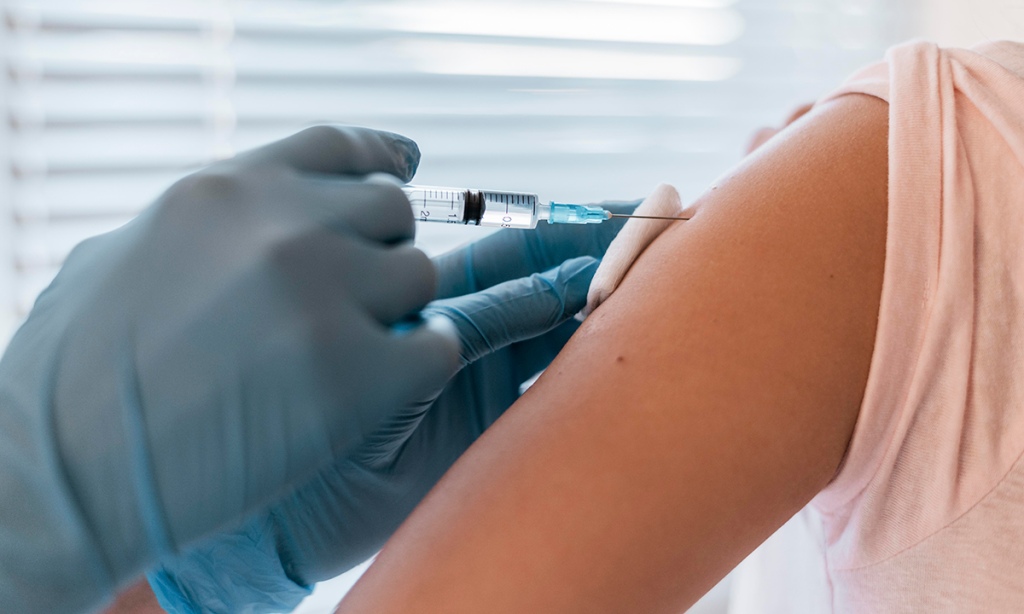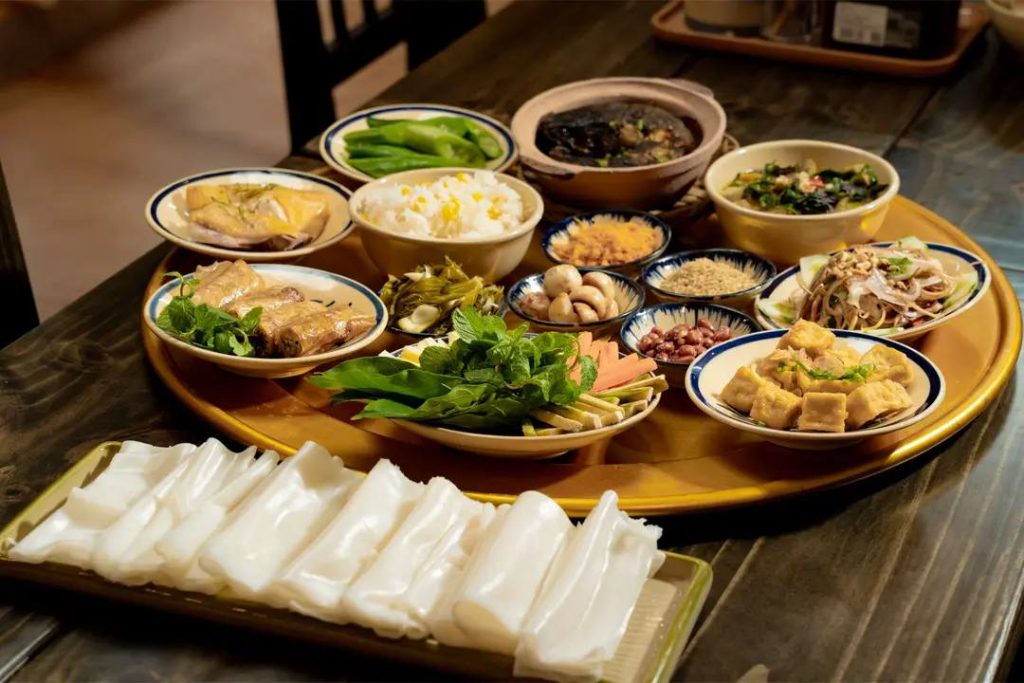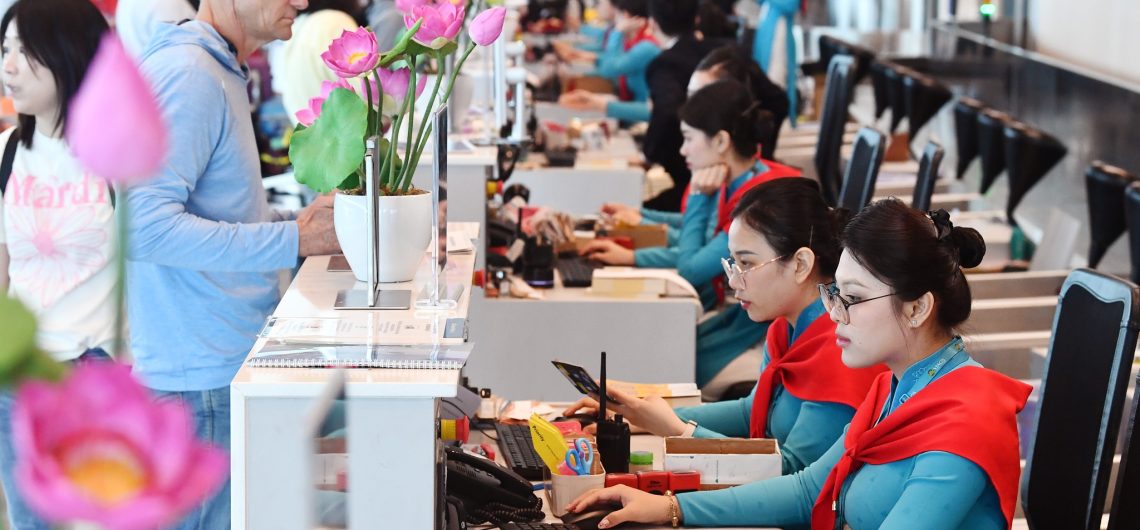Health precautions for Vietnam 2026 include updating vaccinations, preventing mosquito bites, drinking bottled water, and carrying travel insurance for a safe journey.
When planning your dream journey to Vietnam in 2026, the question of health often comes up alongside visas, safety, and cultural tips. Many first-time visitors ask: “What vaccinations or health precautions are needed for Vietnam?” The reassuring answer is that Vietnam does not require any mandatory vaccinations for entry. However, smart travelers know that preparation goes beyond the basics. By taking recommended vaccines, protecting yourself from mosquito-borne illnesses, and following a few simple precautions, you can enjoy your trip with peace of mind.
This guide highlights the most important health precautions for Vietnam 2026—from immunizations to food safety—so you can focus on enjoying the breathtaking landscapes, vibrant street food, and warm hospitality.
Are Vaccinations Required for Vietnam in 2026?
According to official sources like travel.state.gov, there are no mandatory vaccination requirements for entering Vietnam in 2026. You do not need to show proof of COVID-19, yellow fever, or other vaccines at the border.
That said, the Centers for Disease Control (CDC) and most travel clinics strongly recommend updating your routine and travel-specific immunizations before departure.
Recommended Vaccinations for Vietnam Travelers

While not compulsory, the following vaccines are highly recommended for U.S. and international travelers:
- Routine Immunizations: Make sure you are up to date on MMR (measles, mumps, rubella), DTP (diphtheria, tetanus, pertussis), polio, varicella (chickenpox), and the annual flu shot.
- Hepatitis A: Spread through contaminated food and water, Hepatitis A is one of the most common travel-related illnesses in Vietnam.
- Hepatitis B: Transmitted through blood and sexual contact; important for long stays, medical procedures, or adventurous travelers.
- Typhoid: Contracted through contaminated food and drink, especially in rural areas or if you enjoy sampling street food.
- Japanese Encephalitis: Recommended for extended stays in rural farming regions or for travelers visiting during the rainy season.
- Rabies: While not common in cities, Vietnam has stray dogs, cats, and monkeys. Rabies vaccination is wise if you’ll spend time outdoors or in remote areas.
Tip: Consult your doctor or a travel medicine clinic at least 6–8 weeks before departure to allow time for multi-dose vaccines.
Mosquito-Borne Illnesses in Vietnam
Vietnam’s tropical climate means mosquitoes are a year-round concern. While malaria risk is low in most tourist areas, other mosquito-borne illnesses are more common.
- Dengue Fever: Present across Vietnam, especially in urban and rural areas during the rainy season (May–October). There is no widely available vaccine for travelers; prevention is the best defense.
- Zika Virus: Sporadic cases have been reported. Pregnant women should exercise extra caution.
- Malaria: Risk is very low in cities and popular tourist regions but present in some rural highland areas. Consult a travel clinic to see if antimalarial medication is appropriate.
Prevention Tips
- Use insect repellent with 20–30% DEET or picaridin.
- Wear lightweight long-sleeve shirts and pants in the evenings.
- Sleep under mosquito nets in rural homestays or budget guesthouses.
- Stay in accommodations with air conditioning or screened windows.
Food and Water Safety in Vietnam

One of the greatest joys of traveling to Vietnam is its vibrant street food culture. From steaming bowls of pho to banh mi sandwiches, the flavors are unforgettable. But food safety is another important health precaution for Vietnam 2026.
- Water: Tap water is not safe to drink. Always opt for bottled, boiled, or filtered water. Avoid ice unless you’re sure it comes from purified sources.
- Street Food: Choose vendors with busy stalls and high turnover; the faster the food sells, the fresher it is.
- Raw Produce: Wash fruits thoroughly, or peel them yourself.
- Hand Hygiene: Carry hand sanitizer or wipes, especially for market visits or bus rides.
Sun, Heat, and Air Quality
Vietnam’s climate can be hot and humid, particularly in the south and during summer months. Staying hydrated and protected from the sun is essential.
- Sunscreen & Hats: Use SPF 30+ sunscreen and wear a hat when exploring cities or beaches.
- Hydration: Drink plenty of fluids; coconut water is a refreshing and safe option.
- Air Quality: In cities like Hanoi and Ho Chi Minh City, air pollution can occasionally be high. If you’re sensitive, consider wearing a protective mask on bad days.
Healthcare Facilities and Travel Insurance
Vietnam’s healthcare system is improving, but quality varies:
- Cities: Hanoi, Ho Chi Minh City, and Da Nang have international-standard hospitals with English-speaking doctors.
- Rural Areas: Medical care is limited; evacuation to major cities may be necessary.
That’s why comprehensive travel insurance is crucial. Choose a plan that covers:
- Medical treatment and hospitalization.
- Medical evacuation (airlift to another country if needed).
- Trip cancellations or interruptions.
- Lost luggage and belongings.
Practical Health Tips for Vietnam 2026
- Carry a basic travel health kit: pain relievers, rehydration salts, motion sickness tablets, and antiseptic cream.
- Avoid handling stray dogs, cats, or monkeys to reduce rabies risk.
- If bitten by an animal, seek medical attention immediately.
- Take it slow with spicy food – Vietnamese cuisine is flavorful and sometimes fiery.
- Register with the U.S. STEP Program for travel alerts and assistance.
Final Answer: Health Precautions for Vietnam 2026
So, what health precautions should travelers take in 2026? The essentials are simple: no mandatory vaccinations, but update your routine shots, consider Hepatitis A, Typhoid, and Japanese Encephalitis vaccines, protect yourself from mosquito bites, and practice good food and water hygiene. With these steps, you’ll greatly reduce your risk of illness.
Vietnam remains a safe and rewarding destination for Americans and global travelers. By preparing ahead, you can focus on what really matters—sailing through Ha Long Bay, wandering the streets of Hanoi, trekking the rice terraces of Sapa, or simply savoring a steaming bowl of pho in the country where it was born.
For a successful trip, contact a trusted local Vietnam tour operator who ensures seamless planning, authentic experiences, and expert guidance tailored to your travel style.

